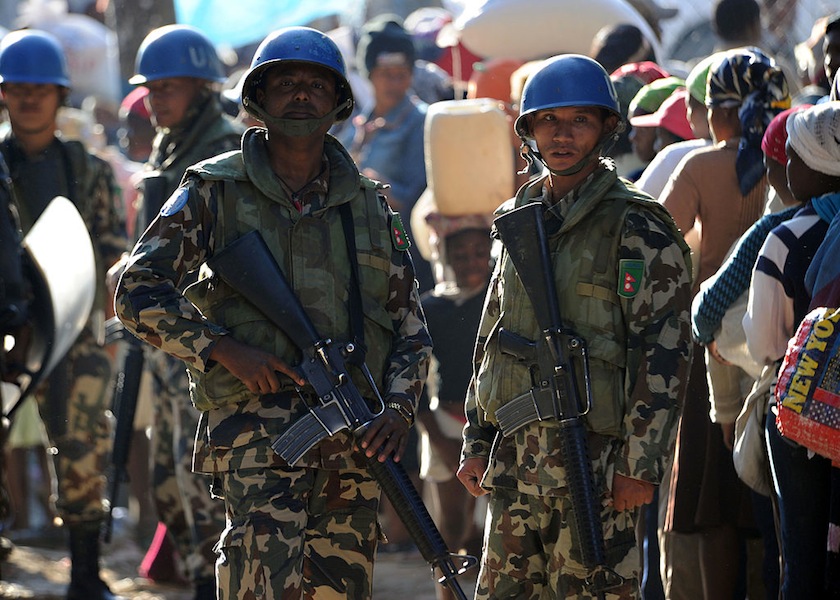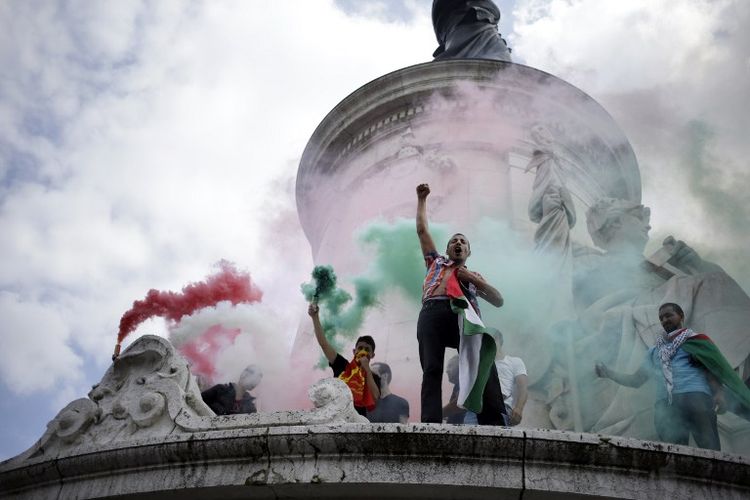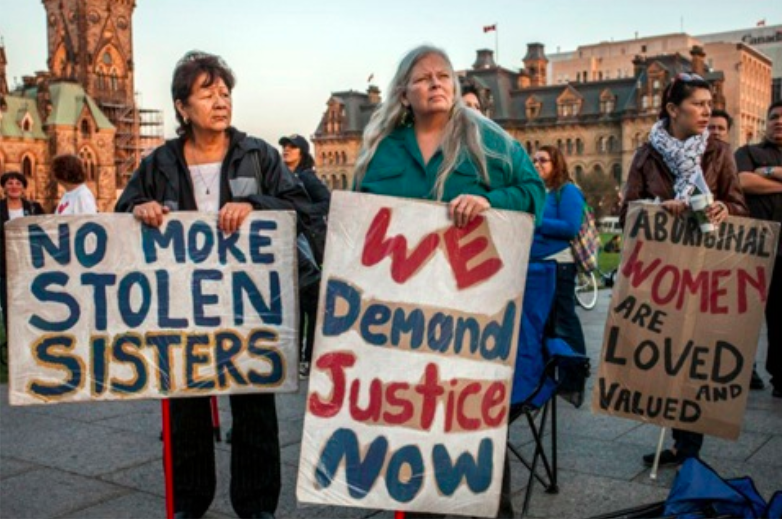In a shocking revelation on August 19, 2016, the UN openly confessed to a six-year cover up of the UN’s involvement in spreading the cholera epidemic that has plagued Haiti ever since a devastating earthquake struck the Caribbean nation in 2010. After six years of denial and misdirection, the office of the Secretary General Ban Ki-moon blindsided the world by formally admitting that the UN played a significant role in the outbreak of one of the worst contemporary epidemics.
The statement was drawn from a larger, nineteen-page confidential report sent to Mr. Ban by an undisclosed UN adviser on August 8 that outlined the UN’s deplorable public handling of the disease when it started spreading along the Meille River. The UN has idly stood by as, over the span of six years, the disease has “killed at least 10,000 people and sickened over 800,000.” Cholera induces severe dehydration brought on by acute diarrhea and vomiting as a result of contaminated water.
The epidemic began to fester throughout Haiti with the onslaught of the earthquake that racked Port-au-Prince and southern towns. Investigators discovered that the strain of cholera in Haiti mimicked a strain that is found, surprisingly, in Nepal. They argued that 454 Nepalese peacekeepers who were staying at the UN camp introduced the disease into Haiti’s largest river by dumping sewage from the peacekeeping base. The experts’ final conclusion was that “the cholera crisis would not have broken out but for the actions of the United Nations.”
Equally shocking was the revelation of acquired from another separate internal report that was recently released a few days ago after being withheld for almost a year. In this report, UN auditors noted that a quarter of the peacekeeping sites they visited in Haiti run by the UN Stabilization Mission in Haiti, also known as MINUSTAH, continued to dump waste into the waterways as late as 2014.
In 2011, 5,000 Haitian families levied claims against the UN’s Office of Legal Affairs that promptly declared their claims “not receivable.” When the families pursued further action and sued the UN and its staff, including Mr. Ban and the former chief of MINUSTAH, Edmond Mulet, the UN refused to be taken to court, citing diplomatic immunity. Lawyers in the Justice Department are now reviewing the case that is pending a decision review from the Second Circuit Court of Appeals in New York.
Philip Alston, a law professor at New York University (NYU), who also serves as a UN special rapporteur to advise on human rights issues, argued that “Haiti cholera policy is morally unconscionable, legally indefensible, and politically self-defeating.” He added that “the organization’s [UN] continuing denial and refusal to make reparations to the victims upholds a double standard according to which the UN insists that member states respect human rights, while rejecting any such responsibility for itself.”
Reparations for these families would exceed $40 billion, almost five times the UN’s budget for international peacekeeping. Nevertheless, Alston contended that the figure doesn’t even take into account “those certain to die and be infected in the years ahead.” He added that “the figure of $40 billion should stand as a warning of the consequences that could follow if national courts become convinced that the abdication policy is not just unconscionable but legally unjustified. The best way to avoid that happening is for the United Nations to offer an appropriate remedy.”
Farhan Haq, a spokesman for the UN, agreed that “the UN has become convinced that it needs to do much more regarding its own involvement in the initial outbreak and the suffering of those affected” but refused to acknowledge any intention of negotiating, reaffirming that, “our legal position on this issue has not changed”. He also took a hard line in saying that no action the UN was pursuing could be categorized as “reparations.”
A full report will be presented by Alston at the opening of the General Assembly that will gather world leaders from member states at UN headquarters in New York in early September.
Photo: Two Nepalese peacekeepers look on as women line up to receive rice in Port-au-Prince (2010), by Senior Chief Mass Communication Specialist Spike Call (U.S. Navy) via Wikimedia Commons. Public Domain.
Disclaimer: Any views or opinions expressed in articles are solely those of the authors and do not necessarily represent the views of the NATO Association of Canada.




